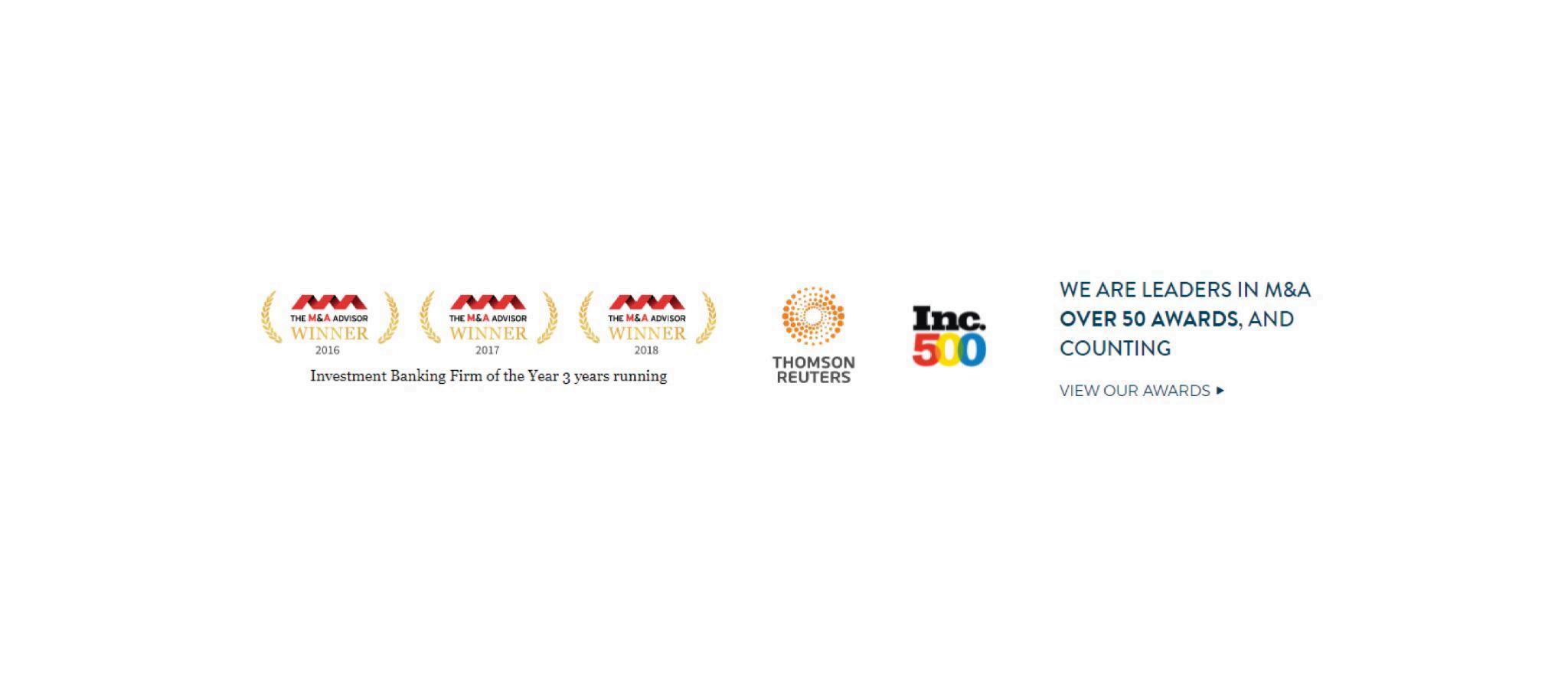Blockchain in M&A: The Promise of Transparency or
a Passing Trend by Generational Group

As noted by Generational Group, Blockchain technology has garnered significant attention in recent years, heralded as a solution that can disrupt industries by improving transparency, security, and efficiency In the realm of mergers and acquisitions (M&A), blockchain is seen as a potential game-changer, promising to streamline processes, enhance data security, and mitigate the risks of fraud. However, as the M&A industry begins to explore the possibilities of blockchain, many are asking whether its promises are genuinely transformative or if the technology is simply an overhyped trend that will ultimately fail to deliver its full potential.
Blockchain’s most significant appeal lies in its ability to provide a transparent, immutable record of transactions. In mergers and acquisitions (M&A), transparency has always been a considerable concern The process of conducting due diligence often involves sifting through a vast amount of financial data, contracts, and legal documents, all of which must be verified by multiple parties. Blockchain can simplify this process by creating a secure and decentralized ledger where all involved parties can access the same, unalterable information in real-time This ensures that key data cannot be tampered with, reducing the risk of fraud and errors that can complicate negotiations.
Moreover, blockchain can streamline the due diligence process itself. Traditionally, due diligence is one of the most time-consuming aspects of M&A transactions, requiring extensive document
reviews and manual checks Blockchain’s ability to provide a transparent history of company data could enable quicker and more efficient verification of critical information, thereby reducing delays and costs By automating some of these processes with smart contracts self-executing agreements that automatically enforce contract terms blockchain could eliminate the need for intermediaries like lawyers, further accelerating the deal-making timeline.
Despite these advantages, the adoption of blockchain in M&A transactions remains limited, and skepticism is widespread Many in the industry view the technology as a solution looking for a problem, especially given the complexity of integrating blockchain into existing M&A processes Furthermore, the legal and regulatory landscape of blockchain is still developing, and its application in cross-border M&A deals remains uncertain The potential for interoperability issues and the lack of standardization also pose challenges to its widespread use
Blockchain holds an undeniable promise for improving transparency and efficiency in M&A, but whether it will truly revolutionize the industry or become another overhyped innovation remains to be seen Only time will tell if the technology can live up to its potential or if it’s destined to remain a niche tool in the world of deal-making
